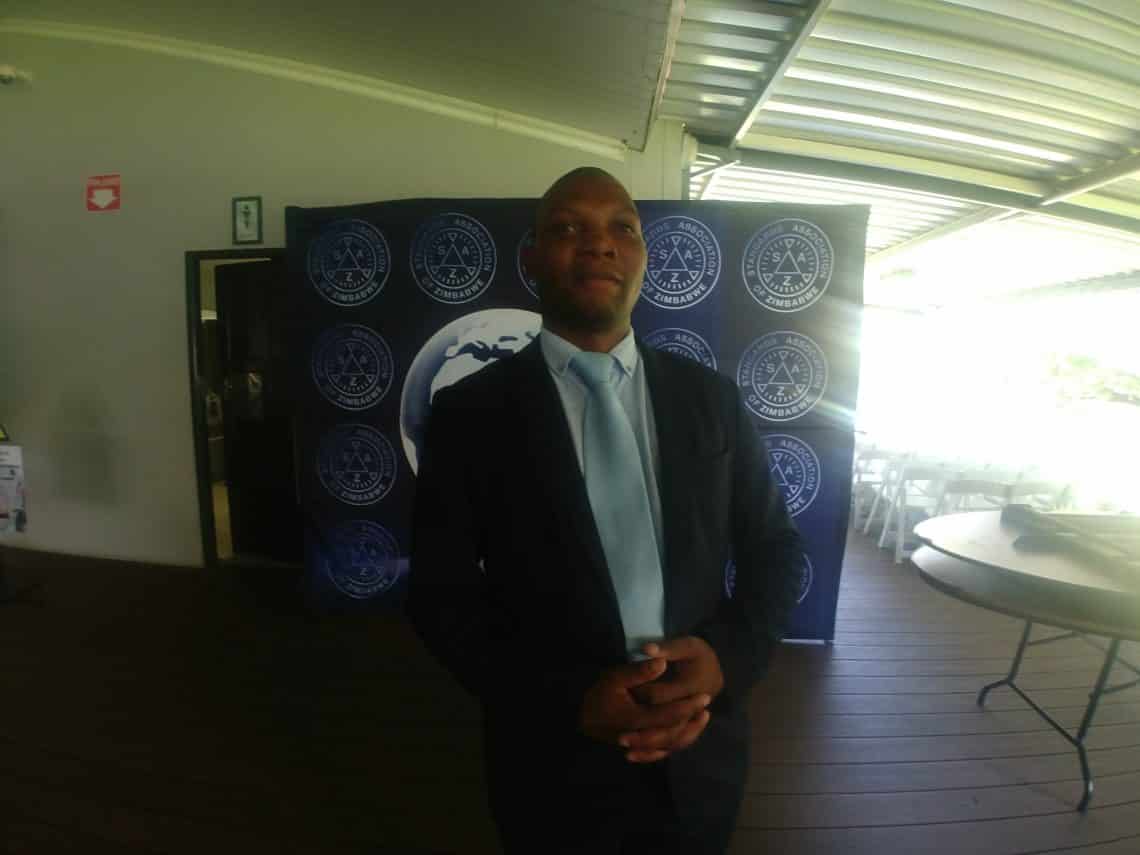By Byron Mutingwende
Embracing Sustainable Development Goals (SDGs) and the International Organisation for Standardisation (ISO) Standards is useful in dealing with developmental challenges such as climate change, a development expert has said.
In his remarks at the SDGs and Standards Conference held at Cresta Lodge in Harare on 12 February 2019, Tawanda Muzamwese, the Executive Director of the Business Council for Sustainable Development Zimbabwe (BCSDZ) encouraged companies to embrace SDGs and ISO standards.
“It is however surprising that despite the SDGs and ISO Standards being very useful in dealing with developmental challenges such as climate change, their uptake at company level is still very low. Through this conference we aim to increase awareness of the SDGs and Standards as well as increase their mainstreaming in companies,” Muzamwese said.
The Conference was made possible courtesy of the funding of the Konrad Adenauer Stiftung also known as Konrad Adenauer Foundation, a German international organisation in partnership with the Government of Zimbabwe and the United Nations Development Programme (UNDP).
The world is faced with a plethora of challenges. These include the ravaging climate change, the unprecedented water pollution, the rapacious appetite of destroying forests and the disposal of chemicals such as mercury and cyanide in the environment. These obnoxious acts of sabotage are affecting the ability of the world to meet the needs of humanity.
The Sustainable Development Goals offer a means of redemption for humanity. These Goals were set in 2015 and they succeeded the Millennium Development Goals that ran from 2000 to 2015. The SDGs comprise of 17 Goals and 169 Targets and present the aspirations of the world for a better tomorrow. Meanwhile the International Organisation for Standardisation has developed thousands of international standards such as ISO 14001:2015, IS0 9001:2015, ISO 45001:2018 amongst others. These standards can help companies to be competitive.
Cyril Siringwani, the Standards Association of Zimbabwe (SAZ) Director of Technical Services said ISO Standards support the three pillars of sustainable development.
He said ISO Standards promote economic sustainability by facilitating international trade, improving a country’s national quality infrastructure and supporting sustainable business practices.
On the other hand, they promote social sustainability by helping countries and communities to improve the health and well-being of their citizens. They cover all aspects of social welfare, from healthcare systems and related products to social inclusion and accessibility.
ISO Standards also promote environmental sustainability by helping businesses and countries manage their environmental impact. They cover such aspects as implementing an environmental management system, measuring and reducing greenhouse gas emissions and energy consumption, and encouraging responsible consumption.
Veronica Jakarasi, the Manager of the Climate Finance Division of the Infrastructure Development Bank of Zimbabwe (IDBZ), said the shift from brown to green actions calls for additional resources and this follows also the need to address the impacts of climate change, including enhancing resilience of communities.
She said the current climate finance flows fall short of the required US$5 – $7 trillion per annum for the global infrastructure to address climate change towards resilience and sustainability and remain below the 2 Degree Celsius temperature goal between 2016 and 2030.
“These figures indicate that developing countries account for about US$4 trillion per year, representing approximately two-thirds of global infrastructure investment (GCF, 2016).
“Hence, it is important to further understand how countries can scale up sustainable, green climate finance to meet low-carbon, climate-resilient investment needs, enhance existing investment levels and future needs in line with the increasing global average temperatures,” Jakarasi said.
She added that standards, tools for planning and monitoring are key to achieving sustainability and measuring the implementation of SDGs.
Elisha Moyo, the Principal Climate Change Researcher in the Climate Change Management Department of the Ministry of Lands, Agriculture, Water, Climate and Rural Resettlement said in order to end poverty, companies should be competitive by reducing high overheads including the energy bill and through embracing ISO Standards.
Stephen Mahembe from Econet said mobile phone technology transforms societies through empowering the marginalised, creating jobs, spurring financial independence, improving education, boosting agriculture and providing health and peace of mind. He said his organisation is positively impacting a majority of the SDGs resulting in improved livelihoods for the nation.






